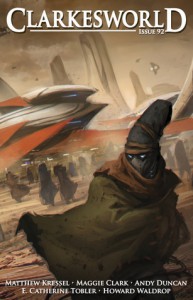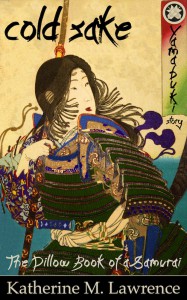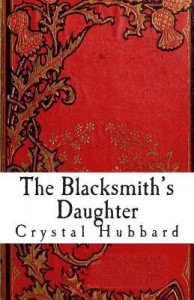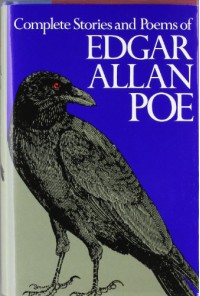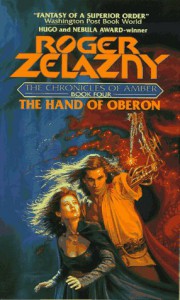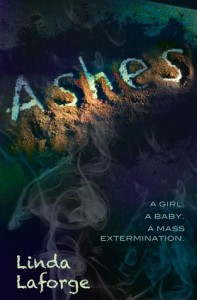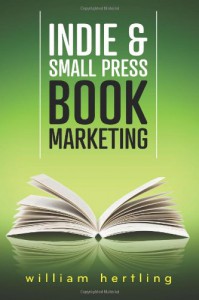
The Cycle of Corwin has ended. Now come the adventures of his son, Merlin, born of Dara, holy terror of the Courts of Chaos. You might remember her as the demon that disguised herself as Corwin's grand-niece, in order to learn how to walk the Pattern and gain enough power to destroy Amber. Yeah, her. I didn't like Dara, but maybe this book would have been more interesting if she'd been the main antagonist, because the book certainly needed one.
A sorcerer, artist, warrior, athlete, and technological genius, Merlin (aka Merle) lives a boring, uncomplicated life in one of his father's old Shadow haunts, trying to emulate the father he wishes he could have gotten to know better before he disappeared into Shadow. However, the white rider Corwin met in the Courts of Chaos in the last book is a far cry from the 'Merle' shown to us in this novel. He is unquestioning, uncaring, and in general, unaffected by anything going on around him, which makes the narrative a boring trod through "This happened", and then "this also happened", and "Wow, what a coincidence". Very rarely does his 'humanity' show through, and when it does, it is self-serving. While I didn't like Corwin overall, Corwin at least had real moments of questioning his motives, or feeling sincerely bad for the things he had done. Merle has only one instance of this, but after what felt an obligatory 'whoops, my bad', he carries on without being truly affected for the rest of the story.
The book begins on April 30th. April 30th is an unlucky day for Merlin, and has been for the last seven years, on account of the reoccurring attempts on his life. He has come to expect them now, and hopes to get to the bottom of it this time.
Following the horrific death of one of his ex-girlfriends, and his procurement of some very strange Trumps, Merlin jumps off to solve the mystery of the Trumps (the title of the book, after all), but after the only real interesting scene of the first half (in which he plays a riddle game with a Sphinx), this plotline is promptly forgotten and never picked up again. Instead, it becomes another "Who-dunnit", without all the weight and skill of "Sign of the Unicorn", or even a conclusion. No real spoilers to give here. Nothing happens. The antagonist's name is revealed, but that is basically all. Again, all a teaser for the next book, which I have no real inclination at present to read.
Other things that really bothered me about this book: it is clear that only a couple of decades have past, as there are still friends of Corwin alive on Earth (Bill Roth, lawyer, and suddenly the only council to Amber, out of all of the infinite number of universes and people closer to the conflict... This is the man Merle bounces ideas off of for most of the book, rather than contacting one of his aunts or uncles.)
Suddenly everyone seems to have the ability to draw Trumps on a whim. This was a skill that was heavily guarded, and for good reason, but now anyone who is related to Dworkin can do it, and it takes away all of the interest for that magic system for me.
And speaking of the magic system, Merlin has the ability to do a "backwards shadow walk", which means he can conjure anything he desires out of shadow, no harm, no foul. It doesn't even seem to tire him. Yet when it comes to the climax of the book, he decides to take the longest possible route, rather than pulling that thing to him, easily. It's also just one of those ultra-convenient abilities that makes things a little too easy.
Frakir. I'm assuming that there is a short story somewhere out there in the universe that Zelazny wrote that explained things more, but I do not know why Merlin is in possession of a half-sentient, invisible thread whip, or what even its full abilities are. More convenience, that was never really explained.
Ghostwheel. I can not believe the willful ignorance on the part of Merle regarding his creation. When Random (thank goodness he was in the story for a few pages... that's one of two reasons this book has a star at all, honestly... the other being the conversation with the Sphinx) brings up valid concerns about the latent power of Ghostwheel, Merle just pouts and says "I don't care. I do what I want." ...to obvious calamity.
It was really disappointing to read this first book in the second cycle of Amber, and find basically everything from the first books that are still unanswered abandoned, and instead get led around by a shadow of a shadow of Corwin (without the arrogant wit, or any real defining personality trait) on a mostly mundane and speculative journey to... well, I suppose it was less of a journey, and more Merlin thrown in a whirpool of coincidences and events thrust on him by other characters trying to have a story.
In short, I will keep reading, but only because I feel obligated to finish the omnibus. But, if you are looking for a casual read to pick up, you can stop at book five, "Courts of Chaos", and pick up something else on your to-read.









 1
1

